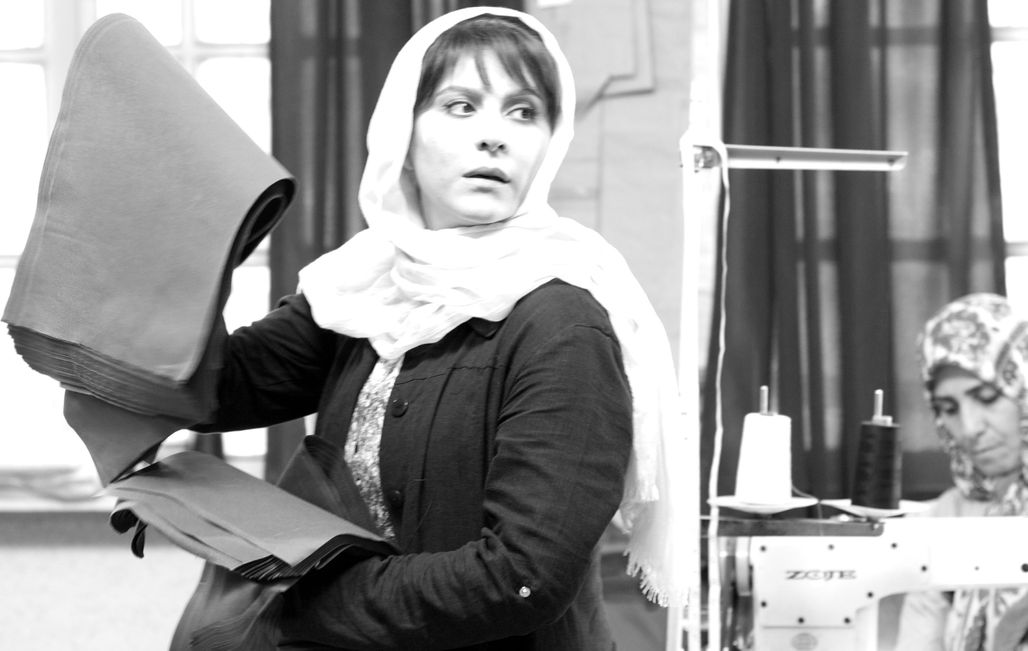
Varoonegi: an intervew with Behnam Behzadi

It all begins on a heavily polluted day in Tehran. Niloofar's (Sahar Dowlatshahi) mother is having breathing problems and as a result begins to assert herself in her family. Featured in Un Certain Regard, Varoonegi is Iranian director Behnam Behzadi's third feature film.
What inspired you to make this film?
A few years back, on a heavily polluted day in Tehran, I saw a young girl walking along the pavement with a mask on her face, like many other people. When she came alongside me, I saw that she was sobbing. I wondered if she was somehow using the mask to protect herself from the harsh gaze and reprimands of society. A few years later, that image remained crystal clear in my mind. And it was still there on the polluted day that marks the beginning of the film.
Tell us something about your actors
This was the first time I'd worked with professional actors and it was a novel and powerful experience. Sahar Dowlatshahi was my first choice for the role of Niloofar. She may not be that well known to international audiences, but in Iran she’s one of the most famous theatre and cinema actors. During the shoot, Sahar listened to Niloofar's favourite music as a way of getting deeper inside the character.
I spoke to Ali Mosaffa about the part of Farhad while I was still writing the screenplay. over the last twenty years, he’s worked with the greatest directors, particularly Asghar Farhadi with The Past. He's also a screenplay writer, director and producer. In Varoonegi, Farhad plays a role very unlike his usual parts, so it was a challenge for both him and me alike.
Who are your inspirations as a filmmaker?
As a young teenager, I fell in love with the cinema, or at least with my idea of it. It was a few years after the Islamic Revolution, and the cinemas and televisions were showing only Iranian films, or a tiny selection of foreign films – always the same ones. Films were like contraband – an impossible dream.
I then discovered literature. Unlike films, books were readily available – you could get books which had been translated before the revolution. All of a sudden, I realised I was quenching my thirst for the cinema by reading foreign novels. A few years later, when we were allowed to have video recorders and there were more films around, the underground industry made a comeback. There were films from everywhere and my old love for them was rekindled. It was a real turning point.
What do you think of the film industry in Iran?
Cinema plays a strange role in Iran. Thousands of short films and over 250 feature films come out each year. Only a small proportion of these hit the international distribution circuit. But it's a very vibrant scene. Iran is one of those rare countries in which you still get queues stretching in front of the cinemas and packed halls…
Beyond this frenzied production, there's the independent scene, with people like me making their own films with their own funds, or the little external funding you can get from the government. It's an exhausting process but I'm proud to have hung onto my independence.


